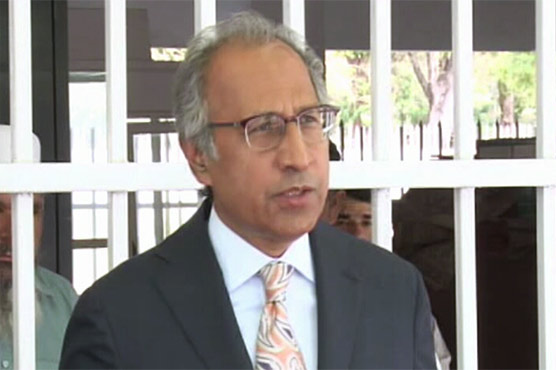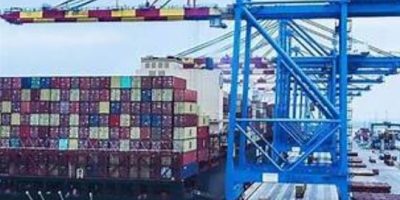ECC approves wheat import of 300,000 tonnes

ISLAMABAD JAN 20 (DNA) – The Economic Coordination Committee (ECC) on Monday approved the import of 300,000 tonnes of wheat without regulatory duty to relieve a shortage of flour supplies that has created an unprecedented crisis.
Advisor to the Prime Minister on Finance Abdul Hafeez Shaikh chaired a meeting of the ECC of the federal cabinet to deliberate on a six-point agenda, particularly concerning the “shortage of wheat flour and wheat supply to the mills.”
The committee has ordered wheat import with the first shipment expected to arrive by Feb. 15, the finance ministry said in a statement, adding that it would wave regulatory duties on the grain, which could be shipped in until March 31.
However, it was not yet clear from which country or countries Pakistan will import the wheat.
The ECC has also directed the Punjab government and the Pakistan Agricultural Storage and Services Corporation (Passco) to release wheat stocks in order to mitigate the crisis.
A statement issued by the finance ministry added that Punjab and Passco have approximately 4.1 million tonnes of wheat stocks available.
Importantly, the Gas Infrastructure Development Cess (GIDC) waiver of Rs400 per bag on urea to ensure the supply of cheap fertiliser to farmers has also been approved.
Earlier, importers had stated that a 100kg bag of imported wheat would cost Rs4,500 as 300,000 tonnes of wheat would cost Rs13 billion. “It is not possible to buy wheat in cheap price without subsidy,” they said.
Prices of flour and bread shot up last week as the ingredient disappeared from shops and wholesale markets, while bread makers shut in protest at what they called government pressure to sell the staple at controlled prices.
“It is not possible for me to sell bread for eight rupees a piece if I buy flour bags at high prices,” said Sheraz Khan, a shopkeeper in the garrison city of Rawalpindi, next to Islamabad, the capital.
“Gas prices have also shot up multiple times since this new government came into power,” he added estimating that the bill for his gas-powered oven had increased four times.
Pakistan’s energy pricing regulator has proposed yet another hike, which officials say is likely to be approved.
Pakistan exported more than 600,000 metric tonnes of wheat from late 2018 to June 2019, its statistics bureau says.
Although the government banned exports in July last year, 48,000 metric tonnes was still sent overseas until October 2019.
Economic experts say it made no sense to export the wheat after poor crop yields in the last harvest, and called for an inquiry into the exports despite the ban.
“Someone made billions,” said opposition party leader Khawaja Asif said, adding that he suspected the wheat crises might be the result of a scam.
Rising wheat prices have drawn sharp criticism of PM Imran Khan’s government, already under tremendous pressure after a key party in his coalition government quit his cabinet, and other allies also raised questions over the government’s performance.
Pakistan is a mostly agricultural country that normally grows enough to meet the needs of its population.
Opposition parties and some economists have called for an inquiry into why Pakistan needs to import wheat when it was exporting the grain until late last year.
Related News

Apparel exporters appeal PM for strong Pak presence at MAGIC USA 2026
DNA LAHORE: The value-added textile and apparel export industry of Pakistan has expressed serious concernRead More

German Envoy, ICCI pledge to foster business-to-business linkages
German Ambassador, ICCI President agree to act as bridge between German investors, Pakistani enterprises ISLAMABAD,Read More


Comments are Closed